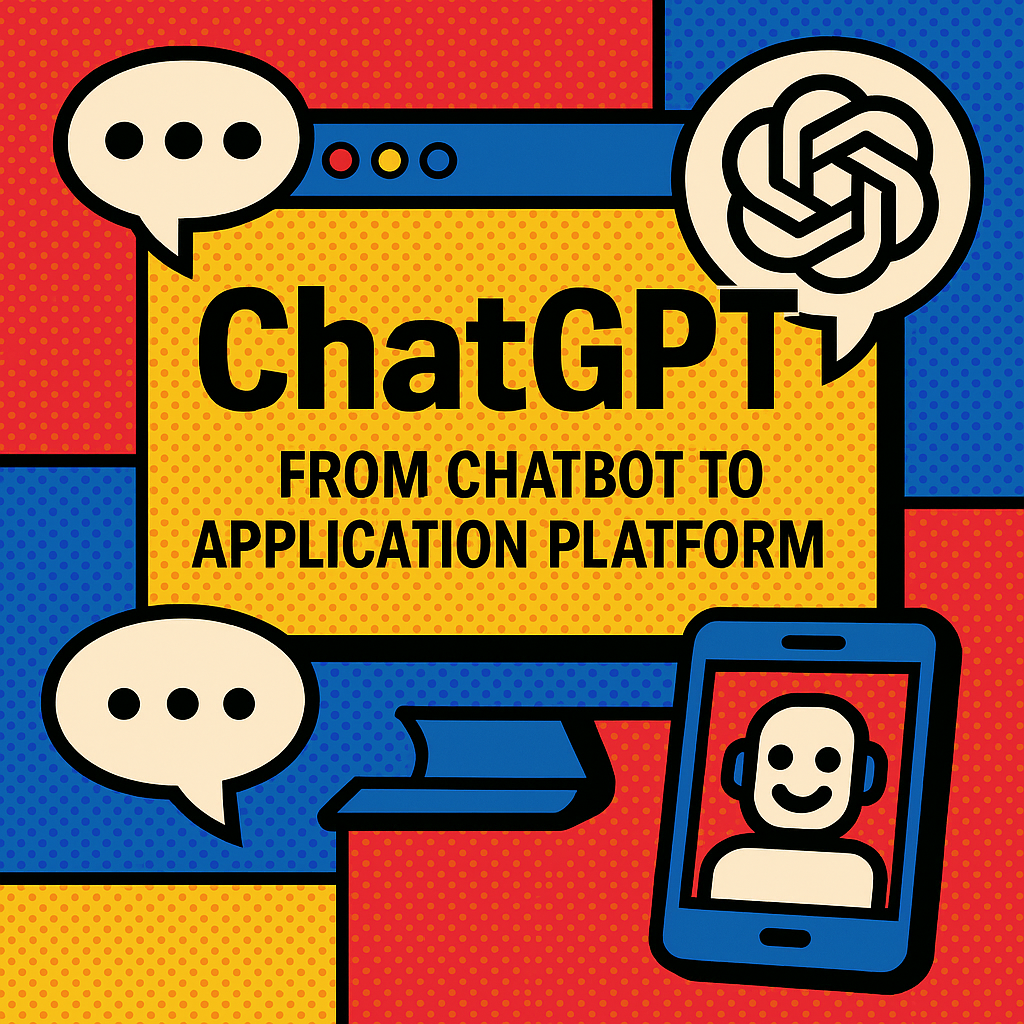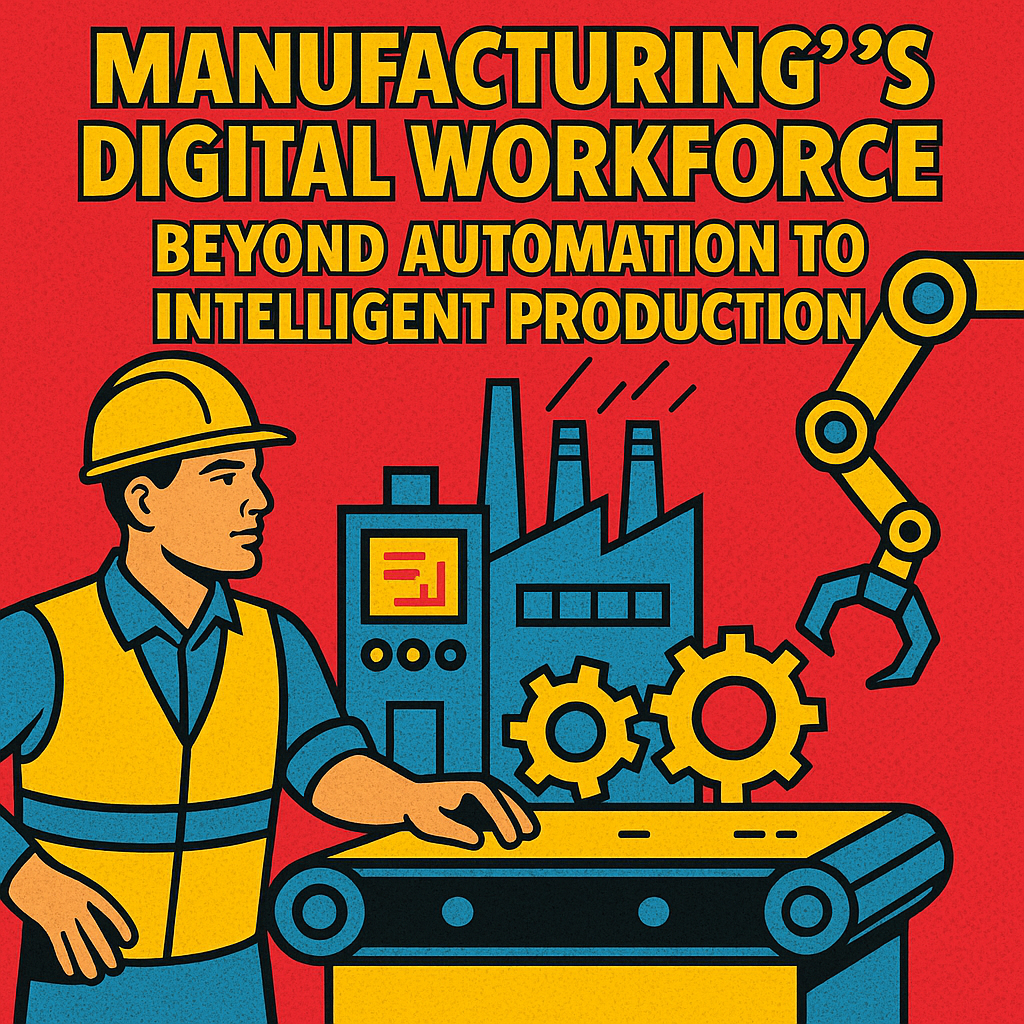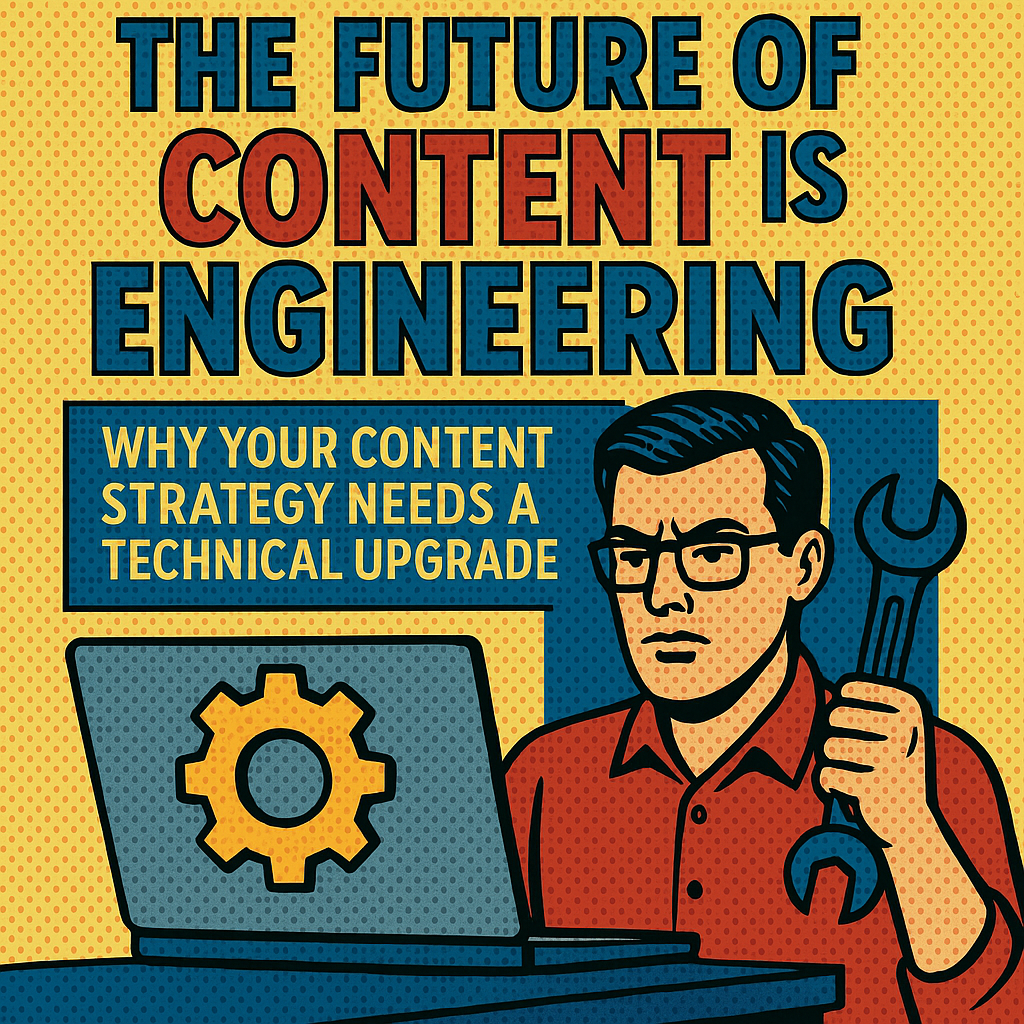
The Model Context Protocol: Understanding Its Limits and Planning Your Agent Stack
The Model Context Protocol (MCP) received significant fanfare as a standardized way for AI agents to access tools and external systems. Anthropic's launch generated enthusiasm in the AI community, particularly among developers building local and experimental agentic systems. But as organizations move from proof-of-concept to production deployments, MCP's limitations are becoming apparent.
This isn't a story about MCP "failing" or being replaced overnight. Rather, MCP is settling into its actual role: one integration pattern among many, useful in specific contexts but insufficient as the primary fabric for enterprise agentic systems. Understanding where MCP fits (and where it doesn't) is essential for anyone building production-grade agent infrastructure.

ChatGPT: From Chatbot to Application Platform
Users of ChatGPT see it as a conversational agent; a chatbot. You open a text box, type a question, and receive an answer. It's powerful, sometimes remarkably so, but the interaction model is simple: prompt in, response out. That mental model is about to shift dramatically.
The announcements at OpenAI's Dev Day 2025 signal something bigger than incremental improvements. ChatGPT is evolving from an interface into a substrate. From a place where you talk to AI, to a place where you build with AI. The new Apps SDK and AgentKit are turning ChatGPT into a runtime environment for applications and autonomous workflows.

Manufacturing's Digital Workforce: Beyond Automation to Intelligent Production
The manufacturing industry is often the source of innovation. From the first assembly lines to today's robotic arms and connected machines, the sector has continuously pushed the boundaries of what automation can achieve. The next evolution in manufacturing isn't simply about adding more robots or connecting more sensors though. It's about creating intelligent production environments where AI agents work alongside humans and machines, forming a digital workforce capable of perceiving, reasoning, and acting across entire manufacturing ecosystems.

The Future of Content is Engineering: Why Your Content Strategy Needs a Technical Upgrade
Content isn't just about great writing anymore. As brands struggle to scale across multiple platforms, personalize experiences, and stay competitive in an AI-driven world, a new discipline is emerging that bridges the gap between creative content and technical implementation: content engineering.

The Agentic Advantage: How AI Agents Create Sustainable Competitive Moats
Business is undergoing a profound transformation from a rapidly evolving set of AI technologies. While most companies are still grappling with basic AI implementation, using large language models and generative AI for content generation or basic automation, a new paradigm has emerged that promises to reshape business competitive dynamics. This paradigm centers on agentic AI: autonomous, goal-oriented systems that don't just respond to prompts but actively pursue objectives, learn from their environment, and adapt their behavior over time.
Think of the difference between a calculator and a financial advisor. A calculator performs specific computations when asked, much like today's assistive AI tools. A financial advisor, however, maintains context about your situation, proactively identifies opportunities, adjusts strategies based on market changes, and builds expertise through accumulated experience. This is the leap from traditional AI to generative AI to agentic AI, from reactive tools to proactive digital teammates.

Selling Agentic AI Internally: Overcoming Executive and Employee Resistance
The promise of agentic AI is transformative, but internal resistance can stall progress before it begins. While the technology itself may be ready, organizations often find their greatest challenge isn't technical implementation but rather navigating the complex web of stakeholder concerns, cultural inertia, and change resistance that emerges when introducing AI agents into existing workflows.
Success in deploying agentic AI requires more than just selecting the right technology stack or use cases. It demands a sophisticated approach to change management, stakeholder engagement, and organizational psychology. This article explores how to position agentic AI initiatives within an organization, focusing on strategies that address resistance at every level, from the C-suite to the front lines.
